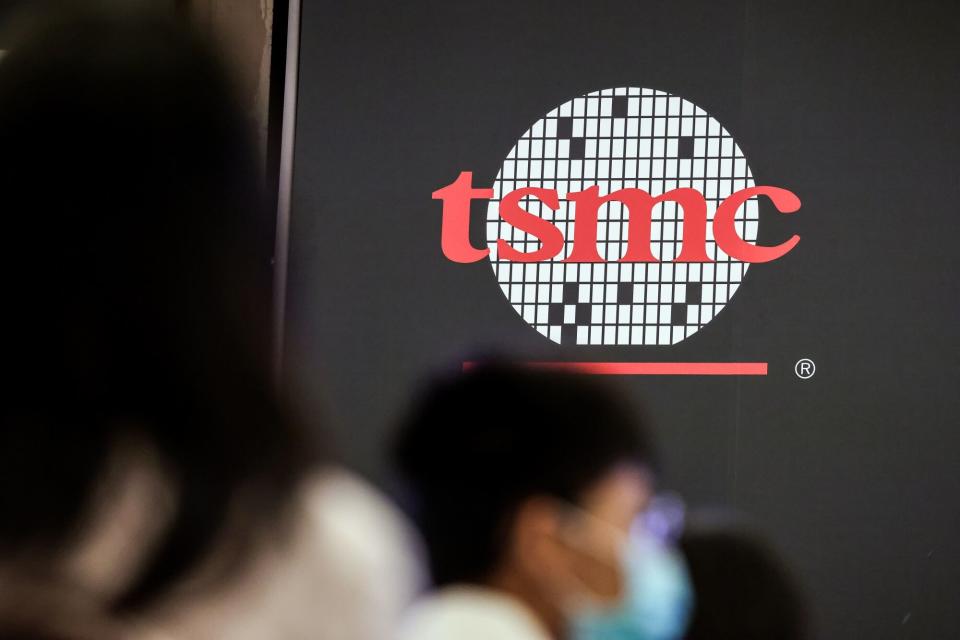Germany’s Saxony to Send Interns to TSMC to Foster Chip Talent

(Bloomberg) -- The German state of Saxony and Taiwan Semiconductor Manufacturing Co. are working together on an exchange program that will bring Dresden students to Taiwan for internships in a push to foster chip talent.
Most Read from Bloomberg
China’s Ultra-Rich Gen Zs Flock Home as Global Tensions Rise
Treasuries Halt Fed-Fueled Rout as Stocks Struggle: Markets Wrap
Ex-Goldman Bankers Make a Fortune With Controversial Bet on Coal
McCarthy Ambushed as Republican Hardliners Change Course on Spending Plan
Raw Meat-Eating Liver King And Other Health Influencers Face Mounting Lawsuits
State-backed TU Dresden will send around 50 students every year to study at universities in Taiwan for three months starting in the spring of 2024, followed by a three-month internship at TSMC to get hands-on experience, University President Ursula Staudinger said on Tuesday. National Taiwan University will be the first university in Taiwan to participate in the program, she said.
Staudinger spoke at a ceremony to open a Saxony-funded liaison office in Taipei, set up to attract Taiwanese students to study at Dresden’s universities as part of a broader cooperation agreement between TSMC, Saxony and TU Dresden.
There’s a sense of urgency in Saxony about fostering new talent. Some 28% of electrical engineering experts and 33% of engineering supervisors in Germany’s semiconductor sector will reach retirement age within the next 10 to 12 years, according to a study from the research institute IW Koeln.
For the whole of Germany, the sector reported a shortage of 62,000 employees between June 2021 and June 2022. With the population graying and fewer Germans entering the workforce, “there’s still a huge need for foreign skilled labor,” a spokesperson from Germany’s Labor Ministry previously told Bloomberg.
TSMC has agreed to build a €10 billion ($11 billion) plant in eastern Germany in partnership with Infineon Technologies AG, NXP Semiconductors NV and Robert Bosch GmbH.
The planned fab will be 70% owned by TSMC, which will operate the facility in Dresden, with Infineon, NXP and Bosch each holding a 10% equity stake, subject to regulatory approval.
Slated to begin production by the end of 2027, it will provide chips for the automotive and industrial sectors and is a first step for TSMC in establishing a major European production site to counter risks from rising tensions in the Taiwan Strait.
It’s also another coup for Chancellor Olaf Scholz’s ruling coalition, which has agreed to €10 billion in aid for a new Intel Corp. plant in Magdeburg in a push to shore up the country’s tech sector and secure supplies of critical components. The government will provide as much as €5 billion in subsidies for TSMC’s Dresden factory.
The Taiwanese company said in a separate statement that it will contribute €3.5 billion to the project, dubbed European Semiconductor Manufacturing Company GmbH. Total investment is expected to amount to more than €10 billion, including “strong support from the European Union and the German government,” and it will create about 2,000 direct high-tech jobs, the companies said.
--With assistance from Vlad Savov.
Most Read from Bloomberg Businessweek
©2023 Bloomberg L.P.

 Yahoo Finance
Yahoo Finance 